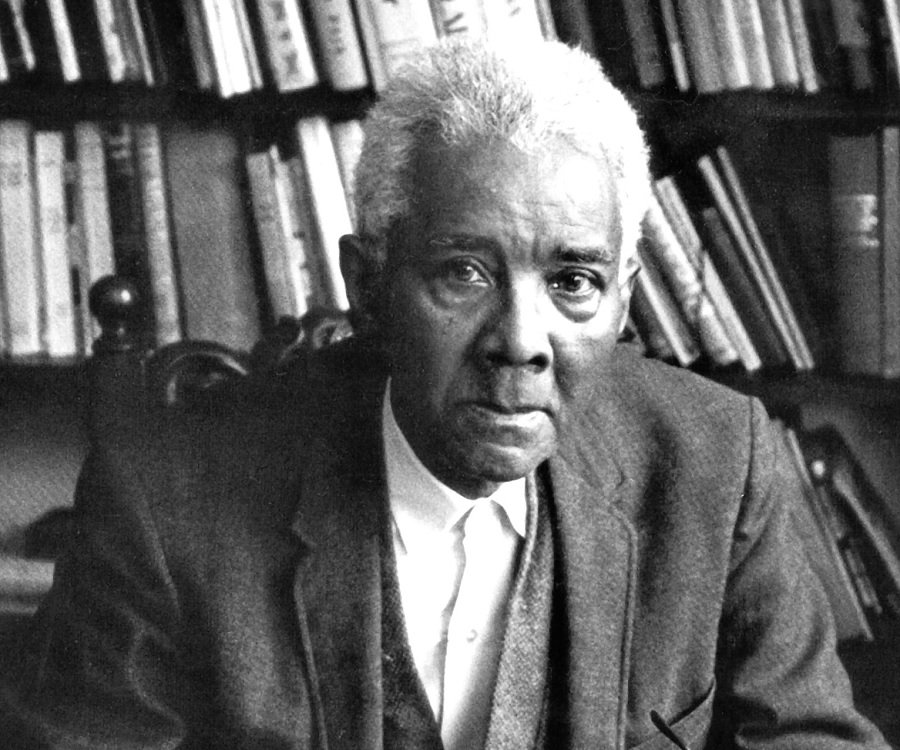Asad Haider is the author of Mistaken Identity: Race and Class in the Age of Trump, published earlier this year by Verso. The book aims to explain how the notion of “identity politics,” which was coined by the US-based Combahee River Collective in the late '70s, was transformed from a project of radical multiracial autonomy to an individualistic signifier of fixed racial categories today. In Viewpoint Magazine, Asad Haider has a new article that addresses reactions to the book and argues that the later, simplified notion of identity politics stands as an obstacle to radical mass organizing. Invoking thinkers such as Saidiya Hartman, C. L. R. James, and Lenin, Haider show how “we do not yet know what a social movement can do.” Here’s an excerpt:
I would like to take as my point of departure Saidiya Hartman’s refusal of pessimism and despair. My book Mistaken Identity is about how a term which originated at a historical turning point characterized by a crisis of mass movements came to be radically transformed in a political climate framed by pessimism and despair. This is a complicated story to tell, because when we speak of these affects, it is not always clear whether we are operating at the level of the diagnostic or the prescriptive – or neither or both – and what relation these terms have to what appear to be their opposites, namely optimism and hope. To imagine a “free state” is a question of historiography, but it is also a question of political action, and thus leads us to problems and practices which are generally not accorded the status of theoretical significance: constituting collectivities, constructing organizational forms, cultivating agency, and other practices in everyday life which are so often exiled from the political.
This text is a theoretical intervention, which has been prompted by questions and discussions surrounding my book. It is an interweaving of meditations on the narration of history, ideology, and the question of liberation – themes that used to belong to one fabric, but which have been torn apart in most contemporary discourses on identity.
Image: Afro-Trinidadian historian and revolutionary C. L. R. James.
